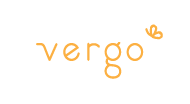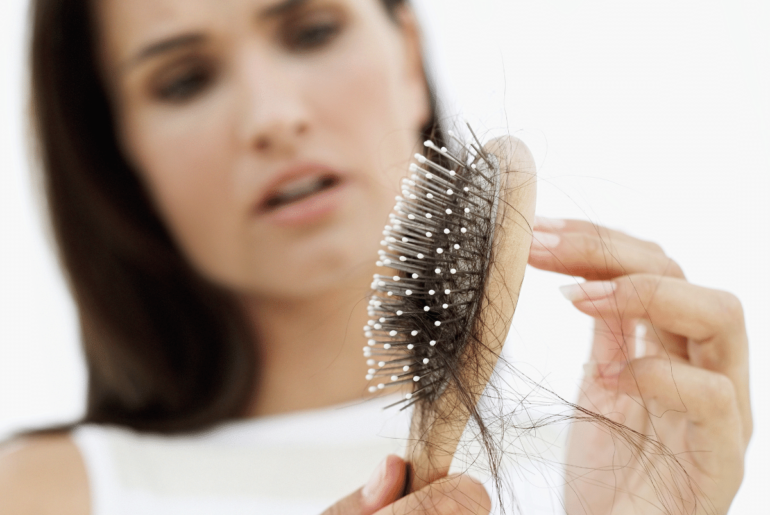Hello!
The seasons are changing here in Canada towards fall. Kids are back to school, summer vacations have come to an end. My summer has been spent digging into my studies with The International Association of Trichology. I feel like I am in medical school at the moment with the intensity of my course load however I am loving it!
One of the lectures I attended this summer was on the importance of nutrition for scalp health and hair growth. I want to share with you some of the information I learned that you can put to use right away for improved hair and scalp health. This information builds on a previous post I wrote about supplements.
We sometimes think of our scalp as this separate entity from the skin on the rest of our bodies. Our scalp health is as important to maintain as the skin on the rest of our bodies. The scalp can show signs of systemic problems long before we see the effects on our hair. The following are some classic symptoms of nutritional imbalances/deficiencies:
-Scaly skin/eyebrows
-Dry skin and hair
-Oily skin/dry hair
-Diffuse Hair Loss ( This is a decrease in hair density all over the scalp. Anything that interrupts the normal hair cycle such as poor nutrition can trigger diffuse hair loss.)
Our digestive system when working properly is designed to extract vitamins and minerals from the foods we eat to maintain peak function and health. The follicles of our hair are fed by the papilla which is connected to our blood supply. Poor circulation equals poor blood flow to the papilla which is a factor in a weak hair strand ( follicle). Simply massaging your scalp can increase blood flow to the papilla. Some type of cardio exercise is important too.
Let’s explore some of the symptoms I mentioned and what they may be a sign of.
– Oily scalp and dry hair can be a sign of a zinc deficiency.
-Dry scalp and hair, Scaly scalp/eyebrows, Diffuse hair loss can all be a symptom of a lack of Essential Fatty Acids
– Diffuse Hair Loss can be a symptom of the following, poor protein intake, blood sugar issues ( both diabetes and hypoglycaemia), inflammation, excessive intake of Vitamins A and D.
Some of the vitamins and minerals we need can be obtained from a balanced diet that includes complex carbohydrates, fats and proteins. There are times however when we will add supplements to our intake of needed vitamins and minerals.
The body does not make essential fatty acids so we must either eat healthy fats and /or supplement. One of the jobs of essential fatty acids is to convert to prostaglandins PGE2 and PGF2 which encourage hair growth. Good sources are olive oil, flax , sesame, avocado evening primrose oil and fish oil. Proteins are needed for all body functions. If you are a vegetarian or vegan make sure to consult with a nutritionist for dietary advice on proper food combinations to ensure maximum protein intake. A diet that is anti inflammatory is most important. A quick way to reduce inflammation of the scalp is to introduce a shampoo that contains zinc pyrithione . Zinc pyrithione has fungistatic (that is, it inhibits the division of fungal cells) and bacteriostatic (inhibits bacterial cell division) properties.
Let’s take a moment to talk about biotin. Biotin is promoted as a supplement to help hair growth. It is a B Vitamin and like all but B12 must be taken with a B Complex for maximum absorption. If you are taking a stand alone Biotin supplement make sure to take it with a B Complex with it.
Before embarking on any supplement regime make sure to see a nutritionist, naturopath or your doctor for the best advice.
Enjoy the change of season and I look forward to sharing more of my trichology journey with you next time!
– Kelly


